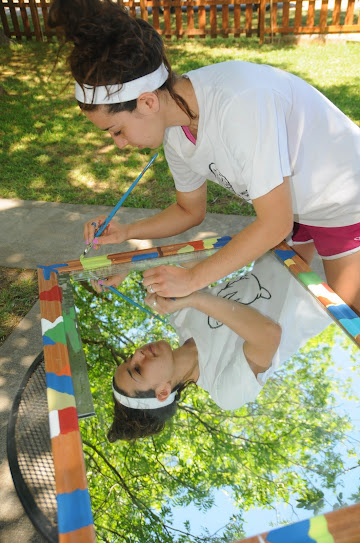it often when connecting a collection of words to make one noun, such as sister-in-law. I wrote about hyphens here, where I talk about the evolution of some compound words.
It is most used in error when it is unknowingly left, and the rules are kind of squishy.
Here are some examples of where they are important:
1. Susan decided to resign her employment contract. (We'll miss you, Susan)
Susan decided to re-sign her employment contract. (It great to have you, Susan)
2. Jacob recovered the chair. (It was stolen and he got it back)
Jacob re-covered the chair. (Now it the chair looks nice)
3. I saw a man eating shark. (Yum! I love seafood)
I saw a man-eating shark. (Yikes! Get out of the water!)
4. The battalion was made up of six foot soldiers. (A half-dozen soldiers)
The battalion was made up of six-foot soldiers. (Tall guys)
5. We found ourselves in a dirty movie theater. (Popcorn was everywhere)
We found ourselves in a dirty-movie theater. (X-rated movie)
My thanks to the Society of Professional Journalist for bringing these little buggers to my attention in their news feed. You should follow SPJ on Facebook.
A co-worker once wanted me to correct and use "coworker," but I wouldn't budge because coworker looks funny, like you are saying "cow orker." It turned out my instincts were right, according to AP Style. However, I do disagree on a couple of AP Style rules, as you will find elsewhere in this blog.
You can reach Christopher at amosnews@yahoo.com






